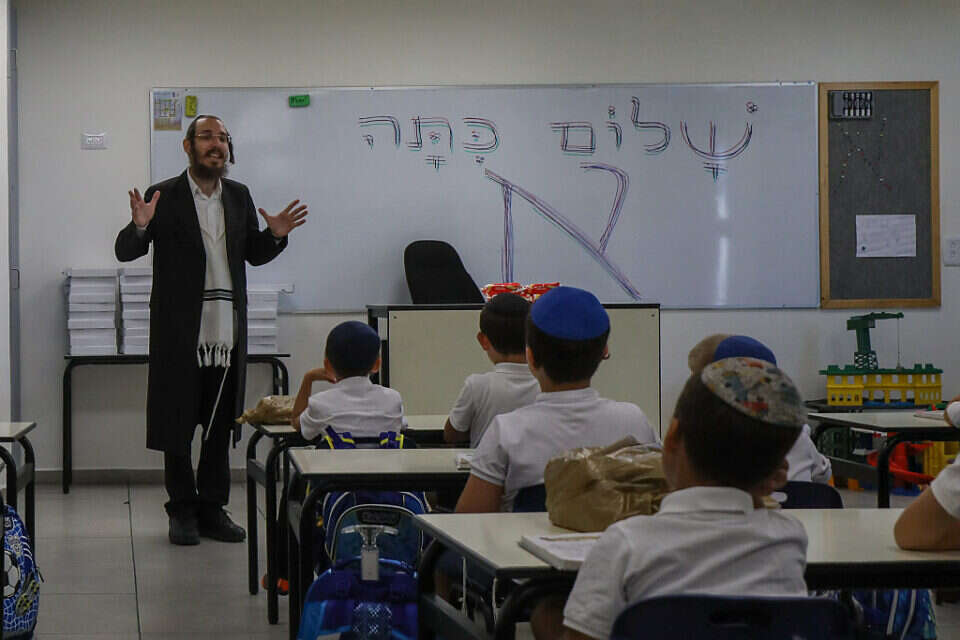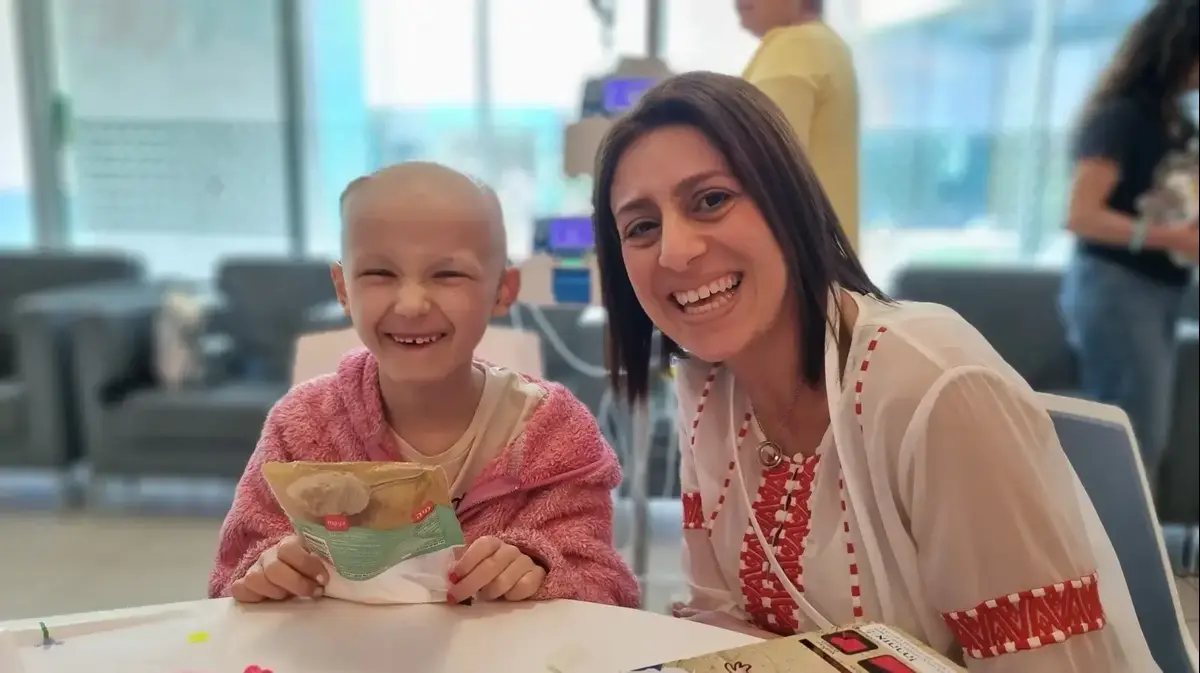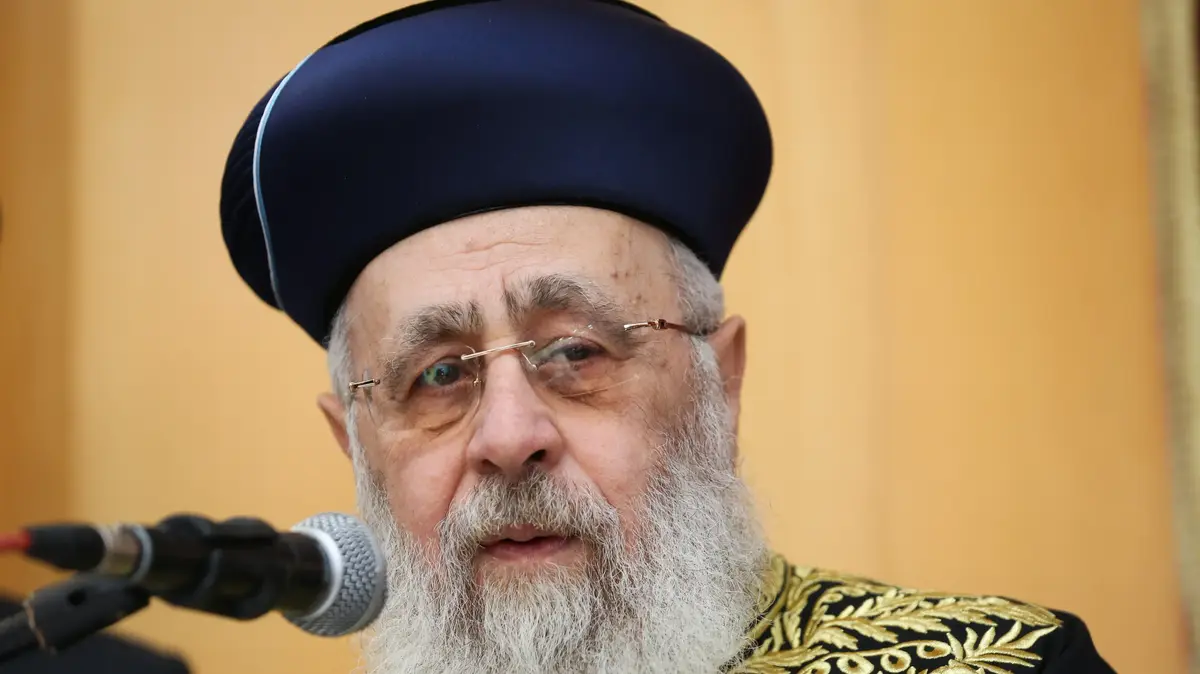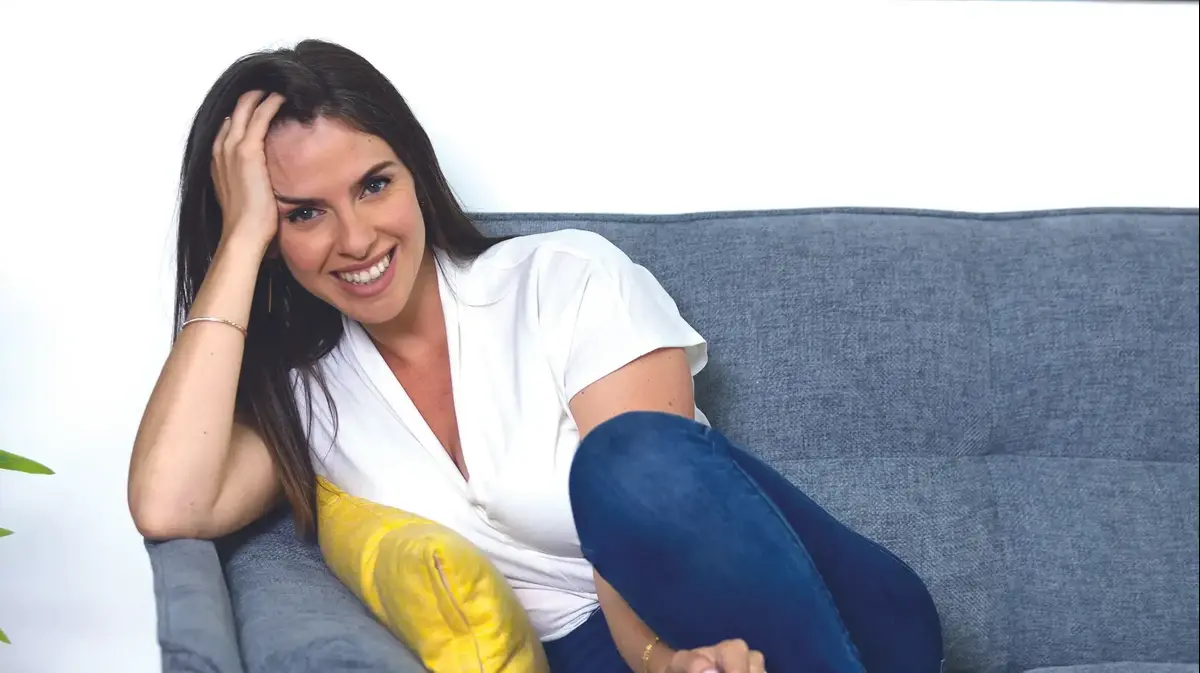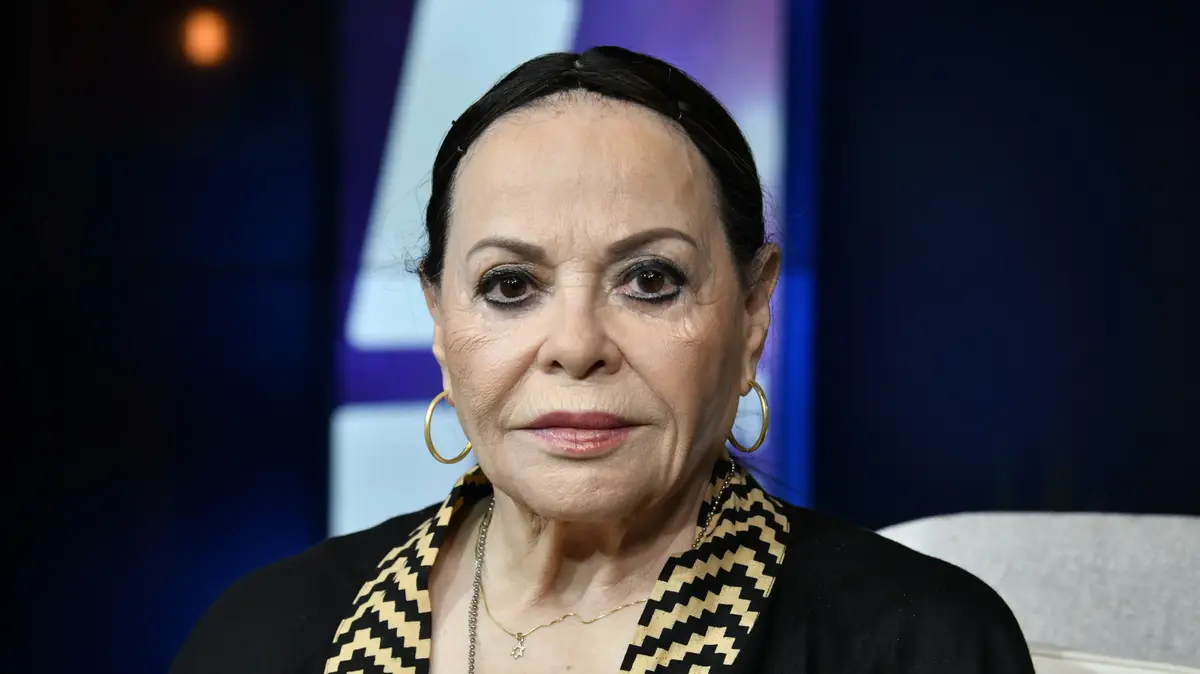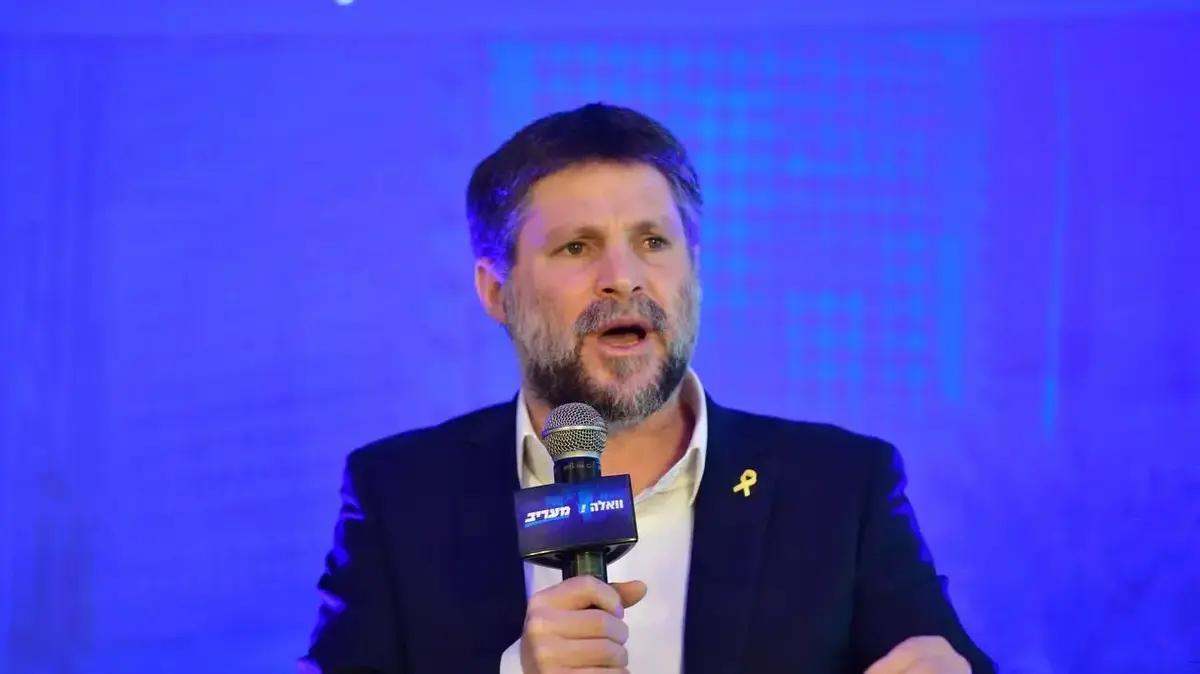Did Maimonides, who lived in the 12th century, support the integration of core studies in ultra-Orthodox schools? Since the core studies storm broke out about a week ago, Maimonides' quotes have been used as a tool in the hands of the plan's supporters and opponents.
Now, rabbis who spoke with "Israel Hayom" explain in depth the position of Rabbi Moshe ben Maimon, one of the Jewish people's greatest arbitrators who also worked as a doctor.
The issue of core studies in ultra-Orthodox schools has resurfaced in the public discourse following the agreement on joint running in Torah Judaism.
As part of the union, Likud Chairman Benjamin Netanyahu promised the factions of the party (the Torah Banner led by Moshe Gafni and the Agudat Israel led by Yitzhak Goldknop) that in the event that the right-wing bloc obtains 61 seats, he will compare the budgeting of the ultra-orthodox Torah Talmuds with those in the general sector, regardless of the compulsory core studies.
From this point, the center and left parties launched a fierce attack on the Likud, which they believe is abandoning the future of the State of Israel.
On the other hand, the right claimed, among other things, that even in the coalition they were ready to give up on the issue in exchange for political support from the ultra-orthodox parties.
One way or another, we looked at what Rambam could have said on the matter.
Portrait of Rambam. The arbiter of the generation and a doctor, photo: Getty Images
"The Maimonides would have supported the introduction of core studies at least in some ultra-Orthodox schools," says Rabbi David Stav, chairman of the Tzahar Rabbinical Organization and rabbi of the Shoham settlement.
The rabbi believes that there is no real justification today for the reality in which ultra-orthodox schools avoid core studies.
Here we will mention that the ultra-Orthodox female students and a significant part of the ultra-Orthodox students (mainly in the Spanish schools) do study core studies.
According to Rabbi Stav, "It should be said that any historical reality that you want to copy-paste is doomed to failure. There are always certain circumstances and details that can change the situation and the decision-making. Therefore, when you try to copy-paste different phenomena, it is a mistake, and you should not compare one situation to another Faster.
"However, there are eternal values of the people of Israel that never change, and the Sages and the Rambam have already said that they do not make a living from the Torah and do not use it as an excuse to dig into it. That is, they do not base the study of the Torah on charity and certainly do not base the study on charity imposed on the public".
"We need to return to eternal values"
Rabbi Stav adds that "although there were times when, due to considerations of not forgetting the Torah in Israel and in order for them to be talmidim, they did allow people to study only Torah and make a living from their Torah study. In other words, there were cases of horrat horah because of which they deviated from the eternal instructions.
"But in my opinion today, the number of students in the ultra-Orthodox community has long since exceeded this time limit, and the Rambam and Sages would say that core studies are needed at least among some of the students in this community. Of course, how much and how is a question that needs to be addressed, but it is clear that the situation today is already returning to values The eternity of not making a living from the Torah."
Yitzchak Goldknopf Yitzchak who replaced Litzman in Agudat Israel, photo: Oren Ben Hakon
Rabbi Hagai Lundin, head of the Hesder Yeshiva in Holon, believes that one should act in a practical manner in relation to a person who dedicates his life to the Torah.
However, he believes that the core studies should also be included in the ultra-orthodox schools.
"Rambam's ideal of a person who studies both a profession, both science and Torah was once possible, when it was possible to dedicate a little time to each such part.
Nowadays, professions require a lot of preparation and it is therefore clear that a person cannot be both a scholar and a scientist or a man of action.
Everything needs a lot of expertise and a lot of time.
That is why it was accepted by the people of Israel by the arbiters of the ages that a person can devote his time to the Torah and become a Torah teacher, as is the case in the education system today.
There are rabbis and Torah teachers.
In the People of Israel there has always been a minority who studied Torah and dedicated themselves to Torah," says Rabbi Lundin.
Moshe Gafni of the Torah flag, photo: Oren Ben Hakon
At the same time, the rabbi says that "there is still a broader question here, and it is that in society there are few talmidim and the majority of people work. That is, a society cannot exist only on learning Torah and it needs a majority who work. Therefore, surely the state should integrate core studies with studies for Torah values Within all education systems. This is also true for ultra-Orthodox society. Of course, one should not take advantage of a weakness and do it by coercion, but surely core studies should be introduced. The question of how to do this is a tactical one."
were we wrong
We will fix it!
If you found an error in the article, we would appreciate it if you shared it with us

